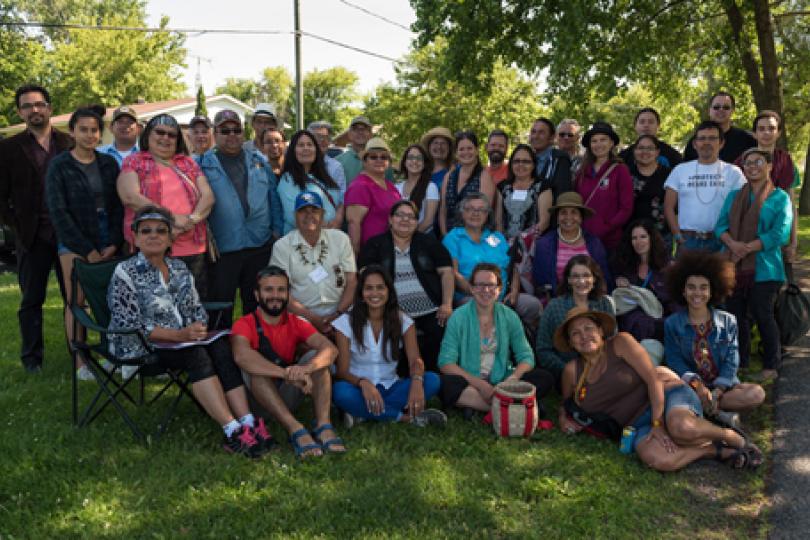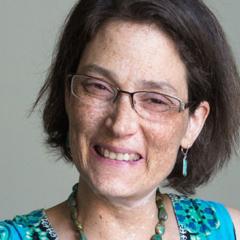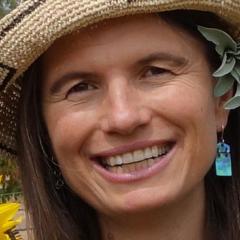North American Indigenous leaders share strategies and strengthen connections
The North American Community Environmental Leadership Exchange (NACELE), held October 14-17, 2013, convened Indigenous environmental practitioners from around North America in the Capay Valley, about 90 minutes from Berkeley, California. Thirty indigenous environmental leaders participated: tribal leaders, activists, ethnobotanists, NGO workers, scholars, young leaders, native scientists, cultural practitioners, and restoration ecologists. Attendees then took part in Bioneers 2013, and delivered a panel in its Indigenous Program. The workshop them was From Conflict to Collaboration in Indigenous Territories: Tribal Strategies for Resistance and Restoration.
NACELE was structured specifically to nurture dynamic Native American and First Nations environmental leaders. These leaders can sometimes feel isolated or overwhelmed in their work for resistance and renewal, which confronts centuries of attempts at erasure. The four-day workshop was designed to broaden and deepen participants' knowledge, networking, and communications acumen through peer-to-peer exchange of stories, strategies and expertise; site visits to innovative tribal and collaborative initiatives; and participant-led skill building. Switzer Fellows Susannah McCandless of Global Diversity Foundation and Melissa Nelson of The Cultural Conservancy co-led organizing and fundraising for the event with colleagues. Sharing, learning and teaching was indigenous-led. Along with Fellow attendee Noa Lincoln, they brought extensive experience in convening participants on environmental themes, which contributed to the overall success of the event.
Key outcomes of the event included: connecting leaders to Indigenous environmental legal counsel; sharing template documents for navigating relationships between tribes and U.S. federal agencies; the exchanging of strategies to more effectively communicate and advocate for sovereignty and access to land and waters; and the sharing of educational approaches and initiatives to reconnect adults and youth to culture and the land. The event also built community and strengthened connections, and many participants continue to be in relationship and work in collaboration today to advance Indigenous sovereignty and protect biocultural landscapes in Northern America and the Pacific.
The success of this initial NACELE inspired organizers to transform the event into a series, and to integrate participants of the event into Global Diversity Foundation's international Global Environments Network of leaders working for the wellbeing of communities and the earth. NACELE 2015 was held on Kanien'keha:ka Mohawk territory in Montreal, Quebec, and Global Diversity Foundation is working with collaborators to plan future NACELEs using the same peer-to-peer methodology. We thank the Switzer Foundation for their support and collaboration, and acknowledge the enabling role of Switzer funding in facilitating the first iteration of this exciting series of exchanges. They have informed the direction and focus of work of the Fellows' organizations, and enriched our networks of connection and mutual support.



